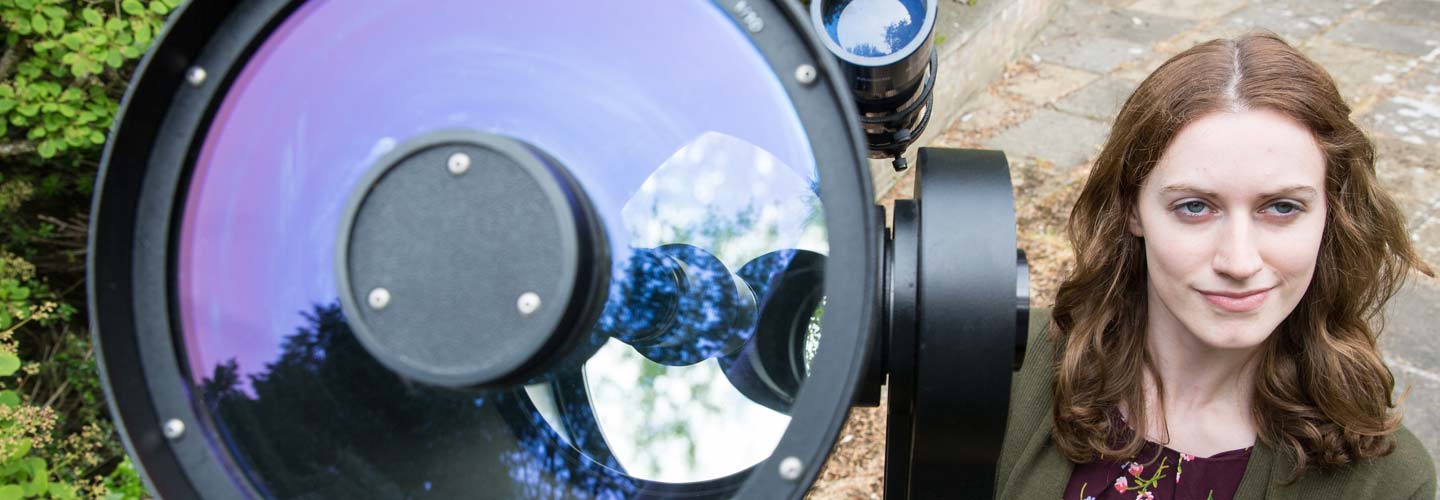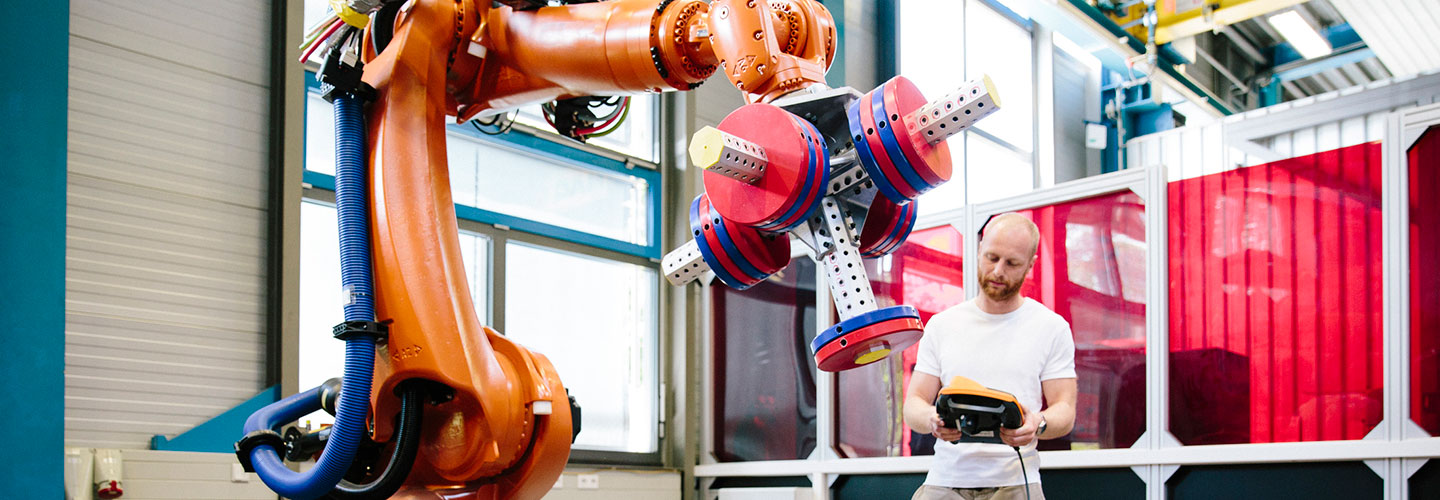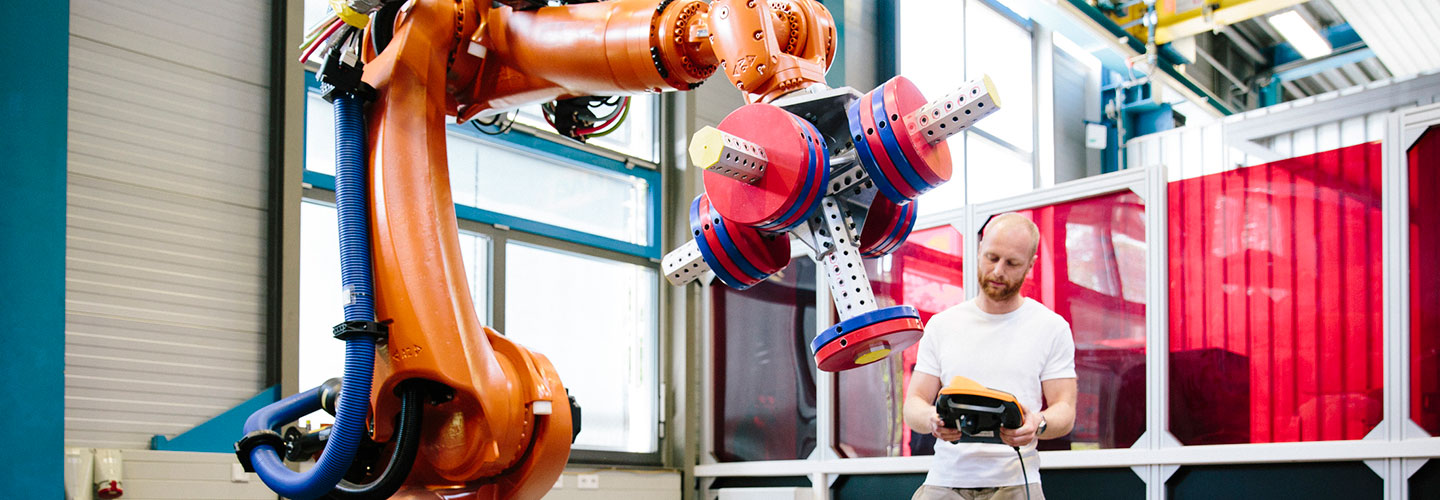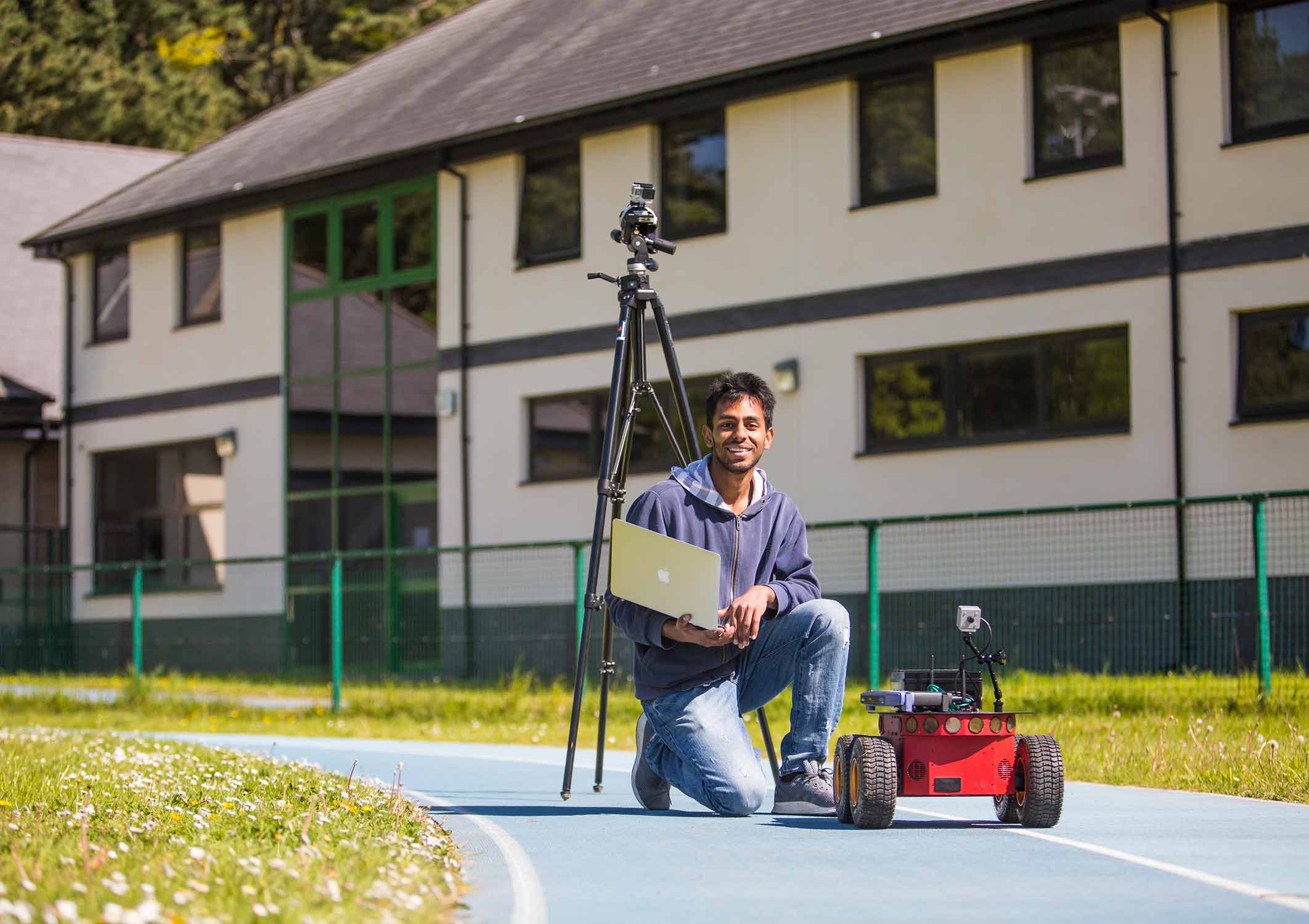Engineering
Engineers require the capacity for experimentation and innovation, creative thinking, design and development, alongside problem-solving and decision-making skills to produce complex systems and structures and provide engineering solutions in real-world situations.
In a world that seeks net zero, medical breakthroughs and continuous technological improvement of the devices and systems we use every day, skills in electrical and electronic engineering are essential, making graduates in this field highly employable.
Sign up for more information about Electrical and Electronic Engineering
Engineering
Courses
Undergraduate Courses
Postgraduate Courses
Why study Engineering at Aberystwyth University?
- Our degrees offer a strong practical element to equip you with the professional and applied “can do” skills you will need for the workplace.
- Our courses are imbued with a strong sustainability theme so you can appreciate the importance of low carbon solutions for our future world and develop appropriate skills for the growing renewable energy markets.
- You will study modules which range across the disciplines of physics, computer science and mathematics to give you a thorough grounding in the science underpinning engineering.
- You will learn modelling packages such as COMSOL and Zemax which are sought-after commercial skills especially as we move towards netzero.
- You will have access to well-equipped teaching and research laboratories.
- We offer courses with an integrated year in industry, giving you a head start in the job market on graduation.
- You will be taught by research-active staff and lecturers with close links in industry.
- Our degrees offer excellent career opportunities, so you can enter the profession with the appropriate knowledge and skills.















